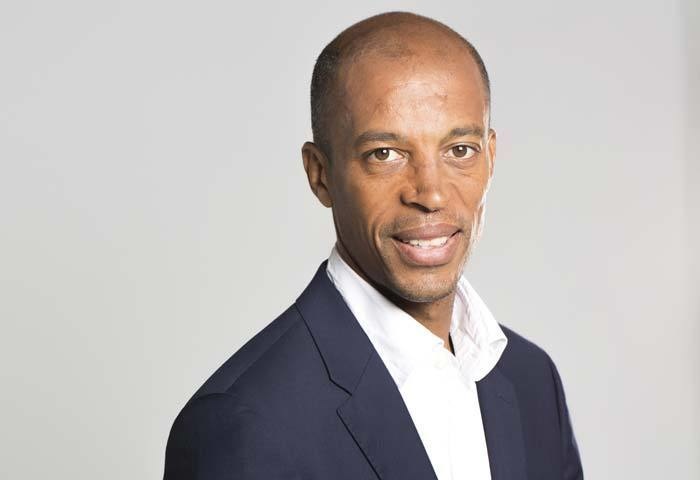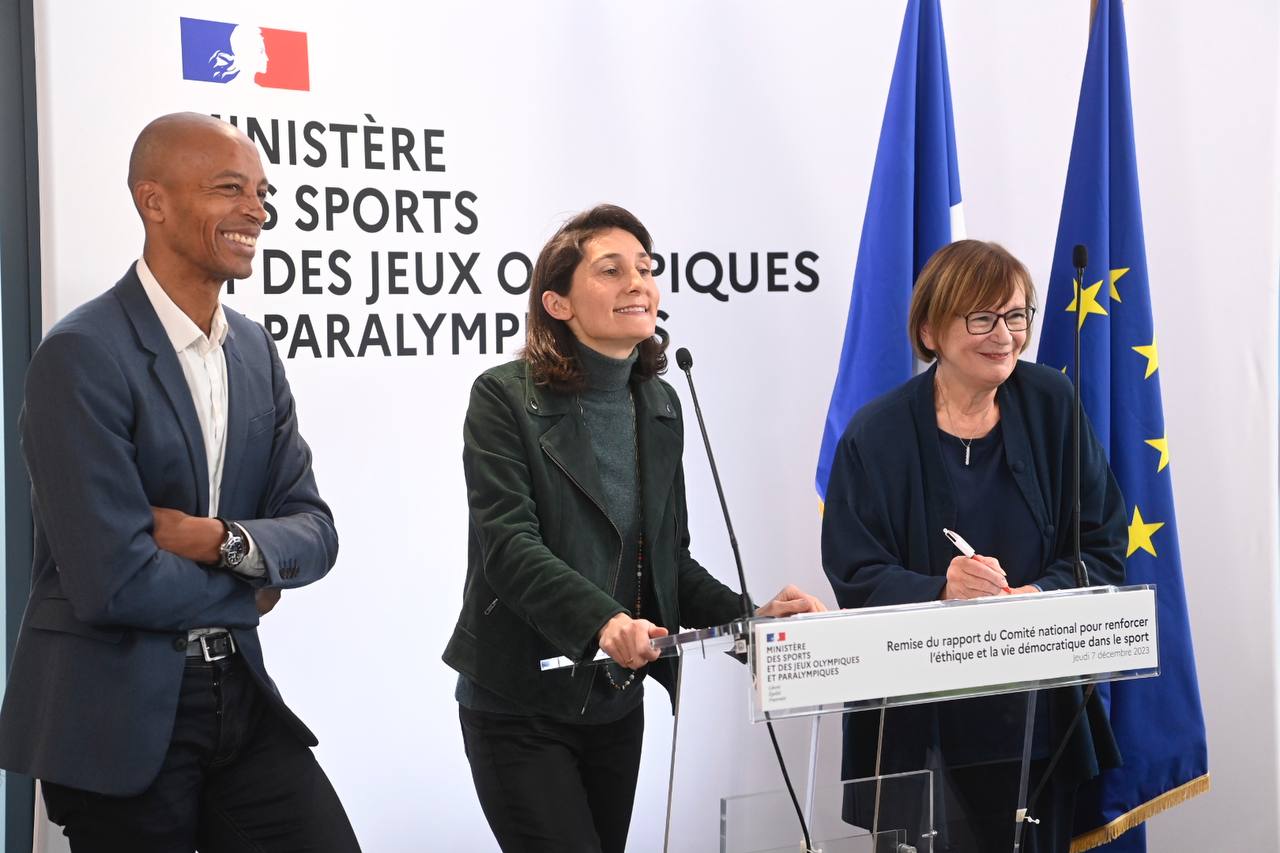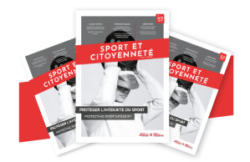
“We need to look at the way performance in sport is produced and its social cost”
“We need to look at the way performance in sport is produced and its social cost”

After a career crowned with success, the former athlete Stéphane Diagana is still involved in sport. Since 2023 he has been the co-president of the National Committee for Ethics and Democracy in Sport, a body that published, in December, a report aimed at making French sport more democratic, more ethical and safer.
In your report, you stress the difficulties in satisfactorily implementing federal democracy in sport. How do you think this link can be revived?
When we listened to people, we realised that there is a sort of disconnection between federal life and the life of the clubs.
A Sports federation is, above all, an association of sports clubs. This disconnection results in a sort of isolation from federal life and, potentially, a lack of control, which may explain certain recent problems: in governance, in transparency and functioning.
For this reason, we thought it essential, following on from the law passed on 2 March 2022 aiming to democratise sport in France, to strengthen the presence of clubs at the heart of federal life, and not just at elective assemblies. In the report we talk about creating space for exchanges. We can take inspiration from what we see in civil life, like the right to suggest laws, for example. All of this seems necessary in order to revitalise democracy in sports federations.
You also call for the creation of a body under the auspices of the French National Olympic and Sporting Committee (CNOSF) dedicated to ethics. What would its role be?
In reality the federations are very different: some of them are like large SMEs while others are much smaller. We think the CNOSF needs to take its place in this area, both to fill possible gaps in the organisation of small federations and also to take up a position when faced with dysfunctional ethics committees. It would not be an appeal body, but an organism available to deal with these subjects correctly.
When it comes to ethics, we also find a need to guarantee the independence of managers and members of ethics committees, to set up a power of self-referral and a requirement to publish opinions. As for internal control mechanisms, the sports movement is behind compared with the business world. Some federations realise that it is a question of attractivity for their partners. Public opinion is very sensitive to this.

Preserving the integrity of sport sometimes requires conciliation with the basic freedoms enjoyed by athletes. Do you think the top-level athlete is adequately protected?
Every sector has questions about the way performance is produced and its societal impact. In the business world, there is a lot of talk about sociopsychological risks, for example. Sport is somewhat behind in this area too. How do we want to produce “sporting performance”? At what social cost? Should we strengthen or abandon the dual career project for athletes? This gives rise to internal debates on the models to defend and the rights to be reinforced in order to be competitive against other nations in sport, but also about making it easier to have a career after sport.
I had the chance to raise this when I was at the World Anti-Doping Agency and the Athletes Commission. It is also a factor in preventing doping, because athletes who know they can have a future beyond sport will be less easily tempted to turn to doping products when they are in difficulty.
The federations bear some responsibility in this matter. I have no problem with certain federations expecting their athletes to devote themselves fully to sport, as long as they are present when the athletes’ careers come to an end or they are in difficulty. Federations could also choose to strengthen the “dual career project” by considering that it is a factor for success at every level, as I found during my career.
Today an athlete’s career once he or she is off the ministerial lists has very little visibility. In our recommendations we have therefore asked for better monitoring of these questions, with qualitative and quantitative indicators, federation by federation, so that an assessment of the situation becomes an integral part in steering the contract of delegation between the State and
the federations.
 This article was published in the magazine Sport and Citizenship n°57 : protecting sport integrity
This article was published in the magazine Sport and Citizenship n°57 : protecting sport integrity
